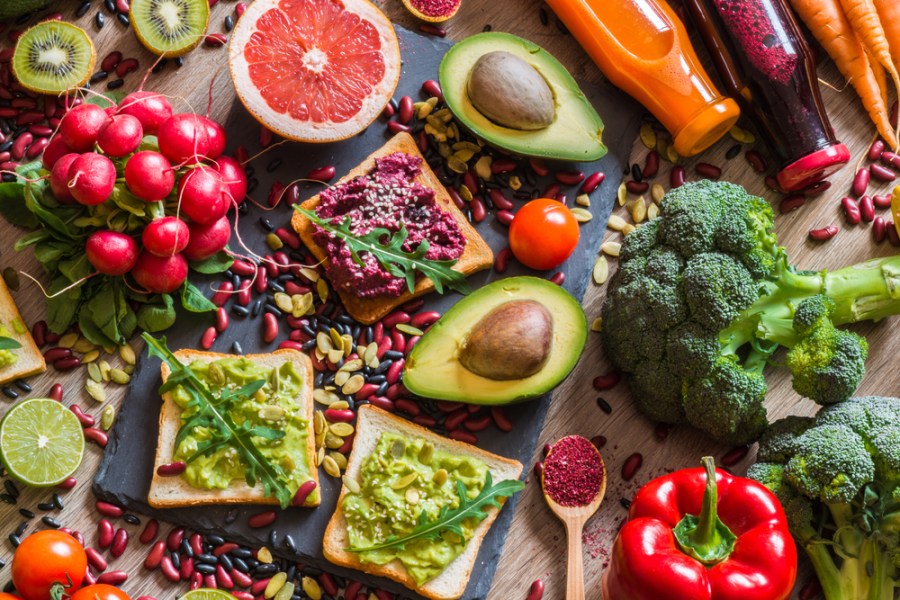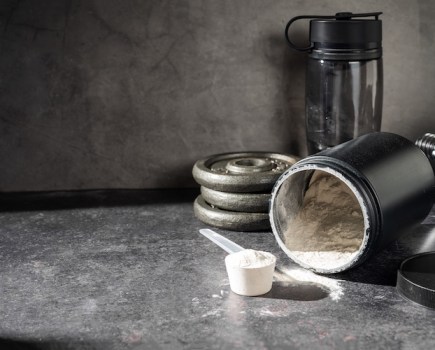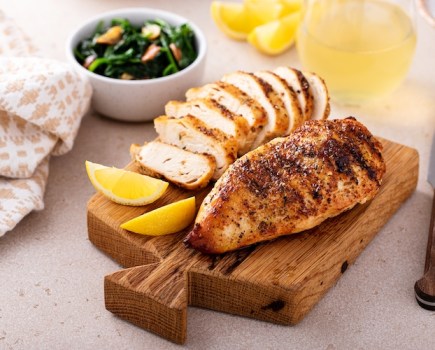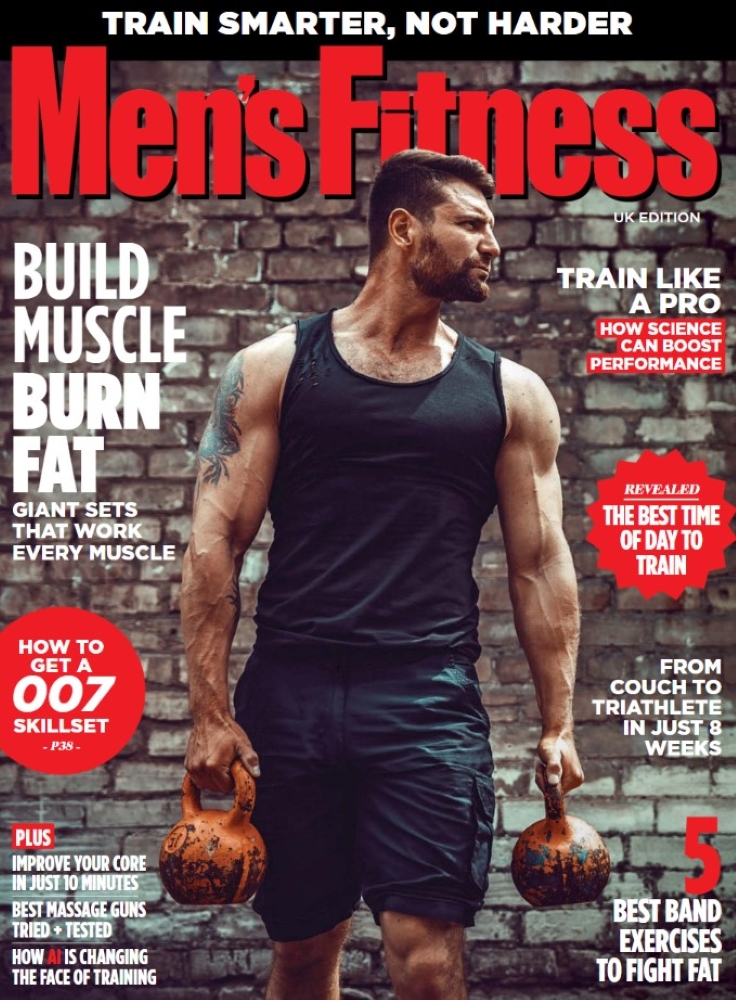Veganism is on the rise – nutritionist TJ Waterfall is here to bust some myths and investigate whether a plant-based diet can affect your performance…
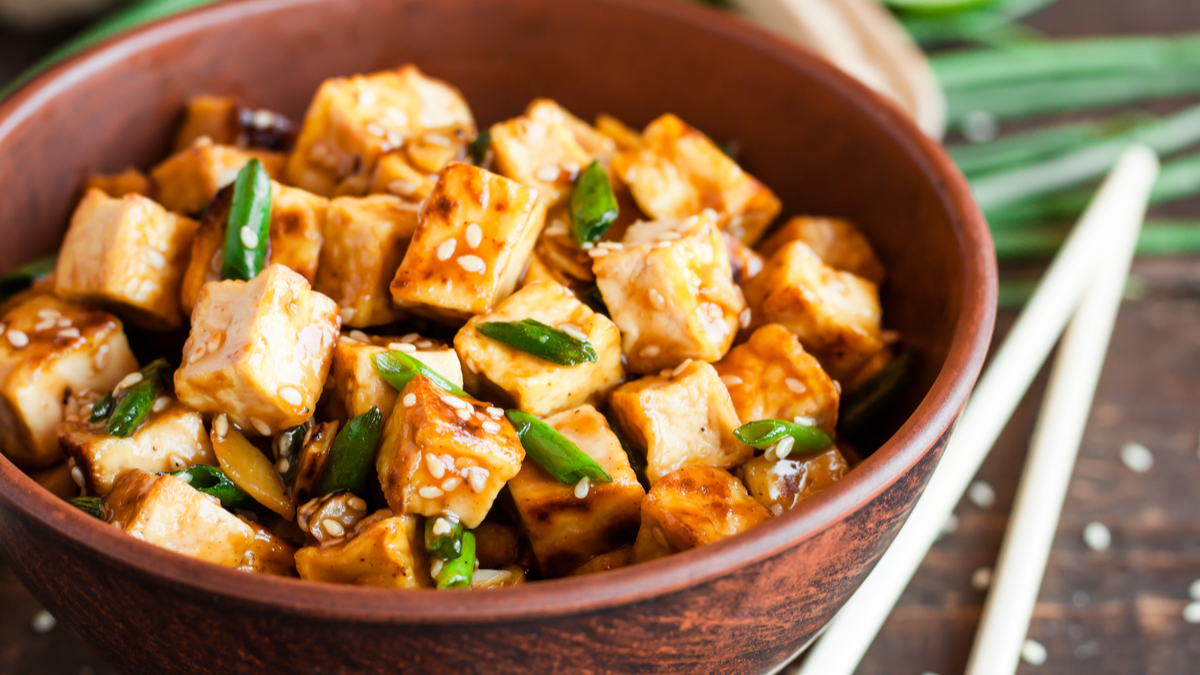
Despite common myths around veganism not providing adequate nutrients for fitness fanatics, tofu is packed with muscle-building protein
MYTH: veganism doesn’t provide enough protein to build muscle
One of the biggest myths surrounding veganism is that you won’t get enough protein to build muscle. However, you certainly don’t need meat, fish, or animal products to get your protein fix. There’s a surprisingly high amount of protein in most plant-based foods.
Pulses (including beans, chickpeas, and lentils) contain around 15-20g of protein per cup, and other high-protein foods like tofu, tempeh and seitan contain around 20-25g per serving (equivalent to four or five eggs).
Then, when you factor in the significant amounts in whole grains, nuts, seeds, vegetables, and even fruit, it’s easy to see how simple it is to get plenty of protein from plants when the diet is balanced and varied. And that’s before you even start to look at the excellent vegan protein supplements available.
What’s more, protein requirements are very often overestimated in the fitness world. It’s true that increasing protein intake can help to promote muscle synthesis when combined with strength training. Historically, trainers have therefore recommended up to 3g of protein per kg of body weight (i.e. 240g of protein a day for an 80kg man).
But a recent review combining results from 49 controlled studies showed that protein intakes above 1.6g per kg of body weight per day made no further difference to gains in muscle mass or strength. For an 80kg man, this equates to a maximum beneficial intake of 128g protein per day, which is easily achievable on a vegan diet.
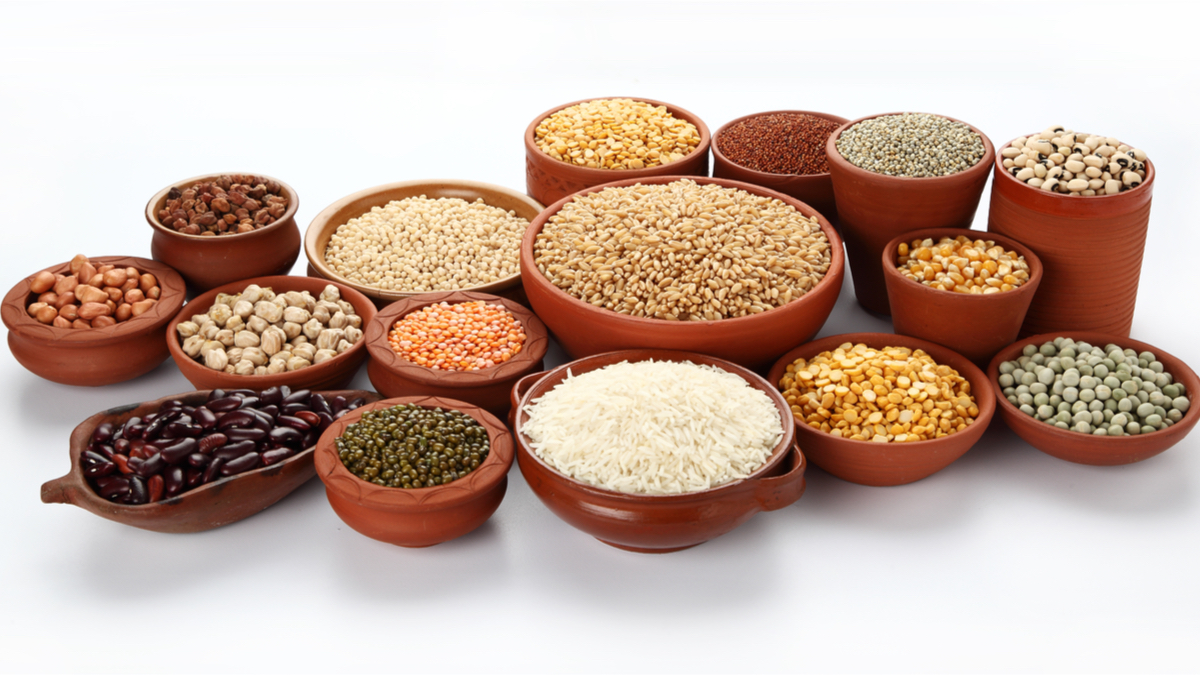
As long as the diet is varied, vegans can easily get the full range of amino acids
MYTH: it’s difficult to get the full range of amino acids with veganism
Proteins are made up of 20 amino acids, nine of which are ‘essential’ because our bodies cannot produce them on their own. So, they need to be provided by the foods we eat. Animal foods contain all the essential amino acids, whereas plant foods are often low in at least one amino acid.
However, a varied and balanced vegan diet, consisting of a variety of whole plant foods, will contain all the amino acids necessary for muscle growth. For example, beans are high in the lysine but low in methionine, whereas grains are high in methionine and low in lysine.
So in the context of an overall diet consisting of pulses, legumes, whole grains, nuts, seeds, fruit and vegetables, you can rest assured knowing you’ll be getting plenty of each individual amino acid to optimise your results.
As well as this, your body can draw from it’s ‘free amino acid pool’, which is available because there is a constant turnover of protein in the body. So, if for any reason a certain meal you eat is low in a particular amino acid, your body can draw from this pool to balance things out.
That’s why there’s no need to combine protein sources at each meal, as long as a variety of plant protein sources are eaten throughout the day.
MYTH: a vegan diet will affect your fitness recovery
The myth that veganism affects fitness recovery is, in fact, true. But perhaps not in the way you might expect – a whole-foods vegan diet actually improves recovery time, because of the high level of phytonutrients and antioxidants in plants which, on average, have 64 times the antioxidant properties of animal foods.
This helps to reduce exercise-induced inflammation and resulting muscle soreness so, for competitive athletes, the quicker recovery from consuming a plant-based diet can get them back training harder, sooner. Taken over the course of a whole season or a year, the cumulative results can be significant.
This effect has been shown in numerous studies assessing the real-life performance of athletes in both endurance and strength settings. But you can’t cut corners by just taking antioxidant supplements – research has shown that taken in pill form, antioxidants can, in fact, impair performance and recovery. The nutrition of whole plant foods is far more complex than just taking single nutrients in isolation.
MYTH: vegan athletes don’t perform as well
There is a large and fast-growing number of vegan athletes, across a wide variety of sports/disciplines, who are consistently surpassing their competitors. From ultra-distance triathletes to boxers and bodybuilders, world-class athletes are adopting a plant-based diet to give them the edge.
The Tennessee Titans NFL team are a prime example – half the team have gone plant-based to help aid recovery and increase energy levels. These are huge 20+ stone athletes at the top of their game.
The same goes for a growing number of NBA players. Then there’s world-record-holding strongmen, powerlifters and bodybuilders all proving that a vegan diet doesn’t hold you back and can, in fact, give you a competitive advantage.
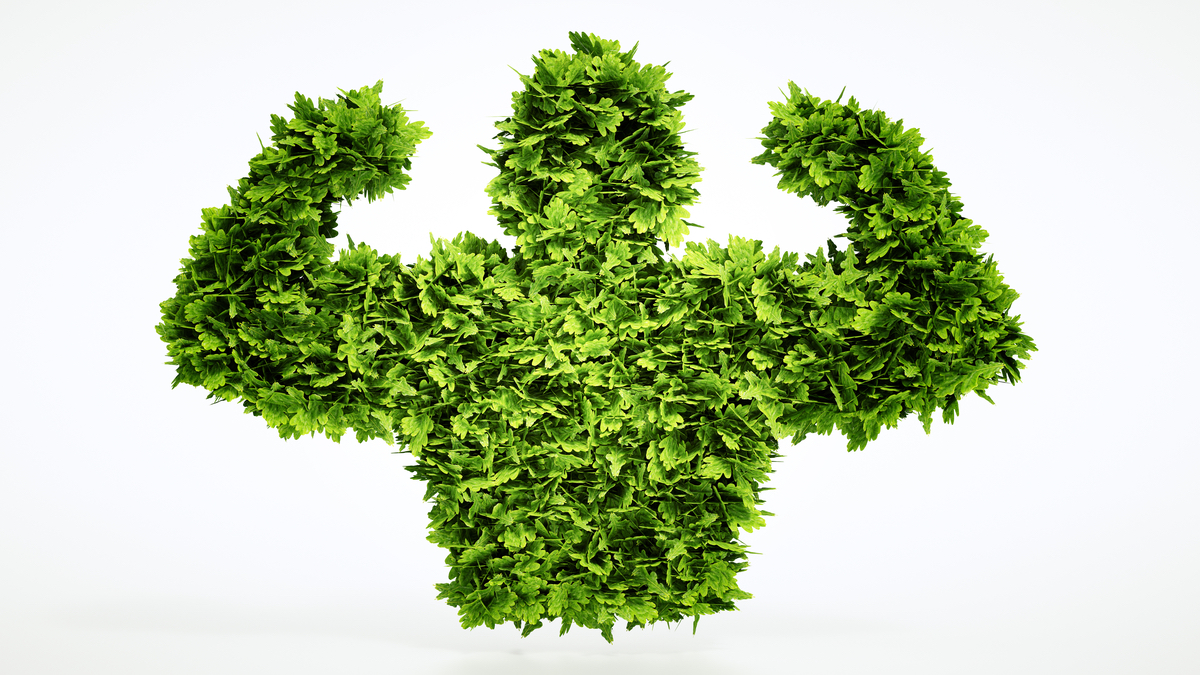
Plant-based lifestyles have been linked to longevity
MYTH: veganism is unhealthy and leads to malnourishment
It’s all very well looking at world-class athletes, but what about the rest of us?
Well, on average, vegans and vegetarians live longer, and grow old with fewer health conditions. Those eating a plant-based diet, for example, tend to have a lower risk of heart disease and cancer (our two biggest killers in the west) as well as diabetes, and healthier gut profiles and lower blood pressure.
The reasons are numerous. It’s partly because plant foods are incredible nutritional packages, filled with phytonutrients, antioxidants, vitamins, minerals and fibre.
But also because cutting out meat and animal products means lower intake of saturated fat, as well as the hormones, antibiotics, and other carcinogenic properties found in meat and animal products.
TJ Waterfall is a registered nutritionist specialising in vegan and vegetarian nutrition, and the founder of Meat Free Fitness. Find out more at meatfreefitness.co.uk or check out his Instagram page @tj_waterfall

